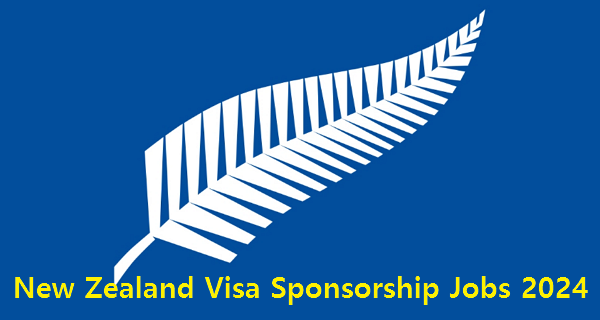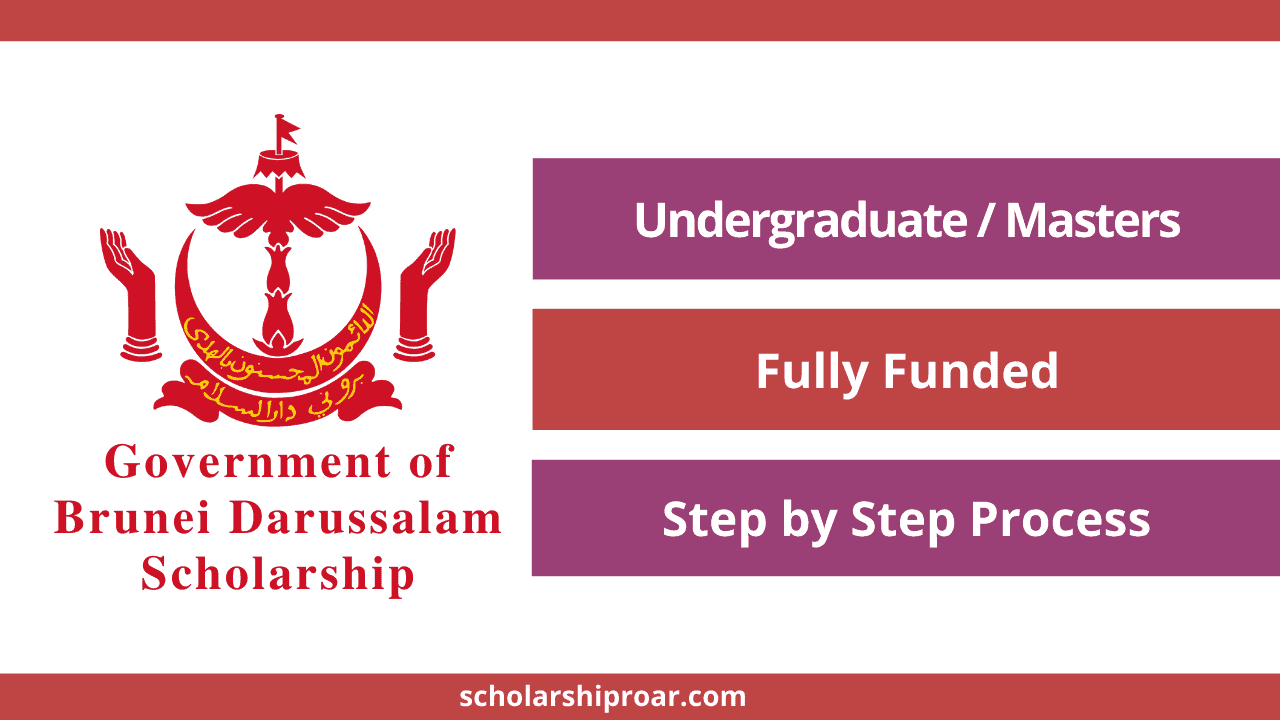Study in Toronto
Toronto’s universities are well-known around the globe for their business, finance and arts courses. Being the financial capital… The post Study in Toronto appeared first on Leverage Edu.


Toronto’s universities are well-known around the globe for their business, finance and arts courses. Being the financial capital of Canada, the city is home to over 80 diverse communities. Toronto has been ranked 13th in the world’s top cities by QS Student City 2021. Toronto is the perfect blend of gracious lifestyle, rich cultural diversity, quality education, clean streets and a safe environment. It is Canada’s leading city in terms of economic growth and job creation which attracts students from all over the world. Let’s map out your guide to study in Toronto for the upcoming intake season.
Also Read: Study in Canada After 12th
Why Study in Toronto?
If you are planning to study abroad, Toronto will check all your boxes. From multicultural environment to employment opportunities, here are all the key reasons to study in Toronto:
- Diversity – As per BBC Travel, Toronto is a multicultural city in the world where 140 languages are spoken.
- Transport – Toronto has the most convenient transportation system that includes bus services, taxis and subways. You can easily access the major modes of transportation in the city with the help of a Presto card which is a smart card for fare collection.
- Safety and Security – As per the safe cities index 2021, Toronto has marked itself at 81% in the safety index.
- Employment Opportunities – Toronto has a plethora of job opportunities. It is home to the stock exchange and headquarters of Canada’s five largest banks. You can also find high paying part-time jobs easily around the city’s cafes, startups, restaurants, etc.
- Cost of Studying and Living – As compared to other cities in Canada, the cost of studying in Toronto is slightly expensive. On an average, the cost of study will be around $15,000 CAD – $65,000 CAD (INR 8.6 lakhs – 37 lakhs) while living expenses range around $1,000 CAD – $ 5,500 CAD (INR 57,000 – 3 lakhs) per month.
Intakes
Unlike a single intake at Indian universities, Canadian colleges and universities offer three intakes.
- Fall
- Winter
- Summer
| Program | Intake | Deadline |
| Undergraduate and Postgraduate | Fall – September Winter – January |
December – March September – November |
| Diploma | January May August/September |
August – September January – February February – April |
Also Read: Masters in Mechanical Engineering in Canada
Most Popular Undergraduate Courses
Once completing your secondary education, your next step is getting a bachelor’s degree. Toronto universities provide a wide range of undergraduate courses, here are the top 5 UG courses to study in Toronto:
- Information Technology
- Hospitality Management
- Engineering
- Business Management
- Pharmacy Technician
Most Popular Postgraduate Courses
Universities in Toronto offer some of the unique courses at the postgraduate level:
- Business and Commerce
- Life Sciences
- Medicine
- Civil and Electrical Engineering
- Psychology
- Mathematics
- Modern Languages
- Computer Sciences
- Education and Training
- Politics
- Environmental Studies
Top Universities in Toronto
As per QS World Rankings and THE World University Rankings 2022, four Canadian universities falls under the global top 100 such as the University of Alberta at #90, the University of British Columbia at #51, McGill University at #32 and the University of Toronto at #26. Some more famous universities and colleges to study in Toronto are:
- York University
- Ryerson University
- Trent University
- George Brown College
- Humber College
- Seneca College
- Centennial College
- Tyndale University College & Seminary
- OCAD University
Also Read: Canada vs Australia: Where Should You Study in 2021?
Student Life in Toronto
Best student cities in Canada provide the same kind of facilities as you would expect. Toronto, being the largest city in Canada, is well-known as the financial and cultural centre of the country. Think of it like Canada’s New York! If you like the urban lifestyle, you will fall in love with Toronto. So let’s check what’s in store for you as an international student in Toronto-
- Get a bike– Toronto’s bike infrastructure allows you to rent a bike and explore the city on your own wheels. You can visit the busy downtown Toronto or the Algonquin Park to camp and hike.
- Nightlife– Toronto’s nightlife is up and pumping with clubs, restaurants, live singing avenues, open mics, bistros and what not. You can go to the Fashion District for some shopping and a quick bite after.
- Theatre– If you are in Toronto for a long time, you have to visit the Factory Theatre. It is a unique and intimate theatre that stage the most unconventional theatre. Shakespeare fans, you must check this out!
- Bollywood– One thing you are surely going to miss is going to a cinema and watching a Bollywood movie in India. Well, rest assured as Toronto has a lot of cinemas like Imagine Cinemas that show not only Bollywood movies but also other foreign and indie movies.
Major Attractions in Toronto
If you are going to be in Toronto for a long as a student, might as well visit all the major attractions as a tourist!
- CN Tower– The view from the tower is scenic with the entire skyline right in front of your eyes.
- Royal Ontario Museum– This museum is a perfect opportunity for you to glance at some of the rare and global exhibits.
- Art Gallery of Ontario– One of the largest art galleries in North America with more than 95,000 exhibits.
- Niagra Falls– The majestic waterfalls are just an hour away and could make for an amazing day trip.
- Nathan Phillips Square– During Christmas, you must go to Nathan Phillips Square and check out the Christmas decorations and the floating Toronto sign.
Apart from these, you can go to Downtown Toronto for shopping, the Toronto zoo for fun and Kensington Market for a more indie and bohemian feel.
Cost of Living in Toronto
Toronto, a city that belongs to people of various cultures often comes under one of the most expensive cities in Canada. This may be because of the facilities and ease of life it offers. The cost of living in Toronto is given below:-
| Type of Expense | Average Cost (INR) |
| Accommodation | 29,434-2.35 lakhs(Depends upon your choice of accommodation) |
| Food | 2,354-5,880 per week |
| Transport | 2,575 per week (weekly pass for public transport) |
| Health Insurance | 35,320-47,095 per year |
| Electricity | 2,940 per month |
| Internet | 4,415 per month |
| Mobile Bills | 2,345-5,886 per month |
| Clothes and shoes | 1,470 per month |
| Entertainment and leisure | 8,830 per month |
| Books and supplies | 29,430 per semester |
However, the costs given above are based on general choices. To get a more personalised cost of living in Toronto, use Leverage Edu’s cost of living calculator.
Canada vs Germany: The Battle of the Best Countries
Multicultural Neighborhood
Toronto’s population diversity has led to the emergence of many ethnic groups, such as Portuguese Village, Greek Town, Chinatown, Little India and so on.
The oldest Chinatown, known as Spadina, is a famous destination for student housing because of its close distance to the University of Toronto. In Greek Town, you will meet some super friendly people and some delicious greek food. As an international student, you can make friends with locals and other people of different races and expose yourself to different cultures, traditions and perspectives. Little Portugal Neighbourhood in Montreal, is home to the best Portuguese food like chicken, vino and custard tarts.
Not only will you study in a university classroom, but the city is also a huge knowledge centre for you!
Convenient Ways of Transport
Public transportation is the easiest way to travel in Toronto due to traffic jams during peak hours. Check out the following options to travel safely in and around the city:
- Subway: It is an underground train that runs through the city of Toronto and in some suburbs. The fair is $3.25 CAD and is easily paid with cash or tokens but the most convenient option is a Presto card. It is an electronic payment method and supports all the transportation ways in the city.
- Bus: Students can find buses in almost every area of Toronto. No matter where you need to go, there is a route to get you there. They usually run every 10 minutes, but may take longer in extreme weather conditions.
- Streetcar: This is much longer and can accommodate more people. It is easier to find a seat during peak hours. These are similar to buses and runs every 10 minutes but they are restricted to the downtown area.
Employment Opportunities While Studying
Toronto is Canada’s economic engine, providing employment opportunities in financial services, manufacturing, information technology, and banking. Toronto has been occupying a place in a growing market for the past few years, which makes it easier for international students to settle down after graduation. International students in Canada can find part-time government jobs to support their studies. You can work up to 20 hours a week, whether on or off-campus. During summer and winter vacations, you can work up to 30 hours a week according to your Canada Study Permit.
Top High Paying Jobs in Canada
Study in Toronto With the Help of Leverage Edu
Step 1: Find a Suitable University/College in Toronto
Select your desired course and enrol at the official website of the chosen university. Discover the course using the course finder. Before applying, thoroughly research the university’s internship materials, tuition breakdown, cost of living, curriculum, and work permit rules. If you are having trouble collecting this data, please contact the experts at Leverage Edu on 1800 57 2000 and get your queries answered.
Step 2: English Proficiency Test Results
Exams such as GMAT, GRE, IELTS or TOEFL are an essential part of the documents required for the application process. Sign up for Leverage Live and start your preparations today. Some universities may ask about the online portfolio via video conferencing. Be ready with the assignments.
Step 3: Collect the Supporting Documents
LOR, SOP, bank statements, passport, Canada student visa, essays, updated resumes and official transcripts of previous degrees are also part of the receipts. Gather all the documents required to study in Canada.
Step 3: Apply for Canada Student Visa
You can apply for a Canadian student visa or residence permit online. Alternatively, you can also mail the application documents to the nearest embassy. The requirements vary based on your country/region. Therefore, it is best to consult your embassy or seek the help of a reliable visa processing agency.
Step 5: Prepare an Impressive Application
When you are qualified, have collected all the documents and met the language requirements, you can start with filling up the application form. To ensure your admission to Toronto University, be sure to carefully enter all your personal and professional credentials. Check the deadlines later and submit your saved application form to the university at the appropriate time.
Step 6: Wait for the Offer Letter
Universities take a few weeks to evaluate the application form. You will be informed of its acceptance or rejection by email. Once you have received the offer letter, apply for a visa, apply for financing, apply for the nearby convenience, and start studying abroad.
Documents Required to Study in Toronto
International students who wish to study in Toronto must meet certain admission criteria, which may vary depending on the program and the chosen university. These are some of the basic requirements that you should consider before starting the university application process in Toronto.
- Official transcripts
- A copy of valid passport
- English Proficiency Test Scores; IELTS, PTE, TOEFL
- GMAT/GRE scores for masters programs
- Letters of recommendation
- Statement of Purpose
- Portfolio (If required)
- Updated CV/Resume
Fun Facts about Toronto
- Toronto is the largest city in Canada.
- Toronto has over 10 million trees.
- Casa Loma in Toronto is North America’s only castle.
- Toronto has a team in every major league of sports.
- One of the largest zoos in Canada is in Toronto.
- Toronto houses more than 200 ethnic diversities.
- TIFF (Toronto International Film Festival) which is one of the most publicly-attended and largest film festivals in the world is hosted by Toronto.
FAQs
Toronto has four seasons- summer, fall, winter and spring.
The average low temperature in Toronto can be -4.6℃ but it can go as low as -20℃.
Toronto ranks 186th out of 457 cities in the world for the safety of students.
The University of Toronto is approximately 30 minutes away from Downtown Toronto and can be reached via bus or subway.
International students often live in Downtown Toronto, Garden District, Seaton Village, Kensington Market and Scarborough areas of Toronto.
The average monthly expenditure for an international student without rent is INR 71,110.
Is Toronto or Vancouver better for international students?
Toronto gives you the experience of living in a big city while Vancouver is more of a small city with scenic outdoors and a more thriving business environment.
Toronto is considered the best city in Canada for Permanent Residency for international students.
You need the Canada Study Permit to study in Toronto valid for the entire duration of your program.
Are you interested in studying in Toronto? Get in touch with Leverage Edu at 1800-57-2000 and seek expert advice and begin your application process with us today!
The post Study in Toronto appeared first on Leverage Edu.








